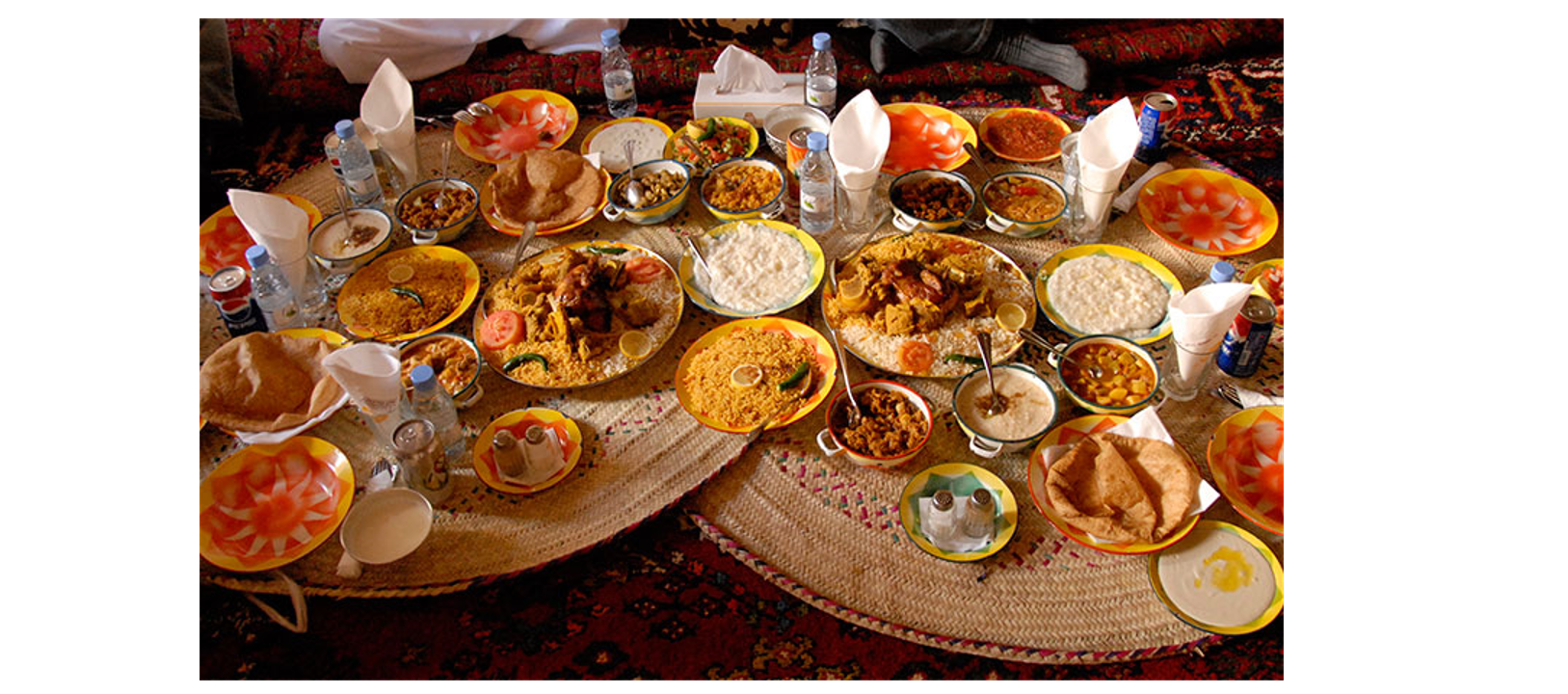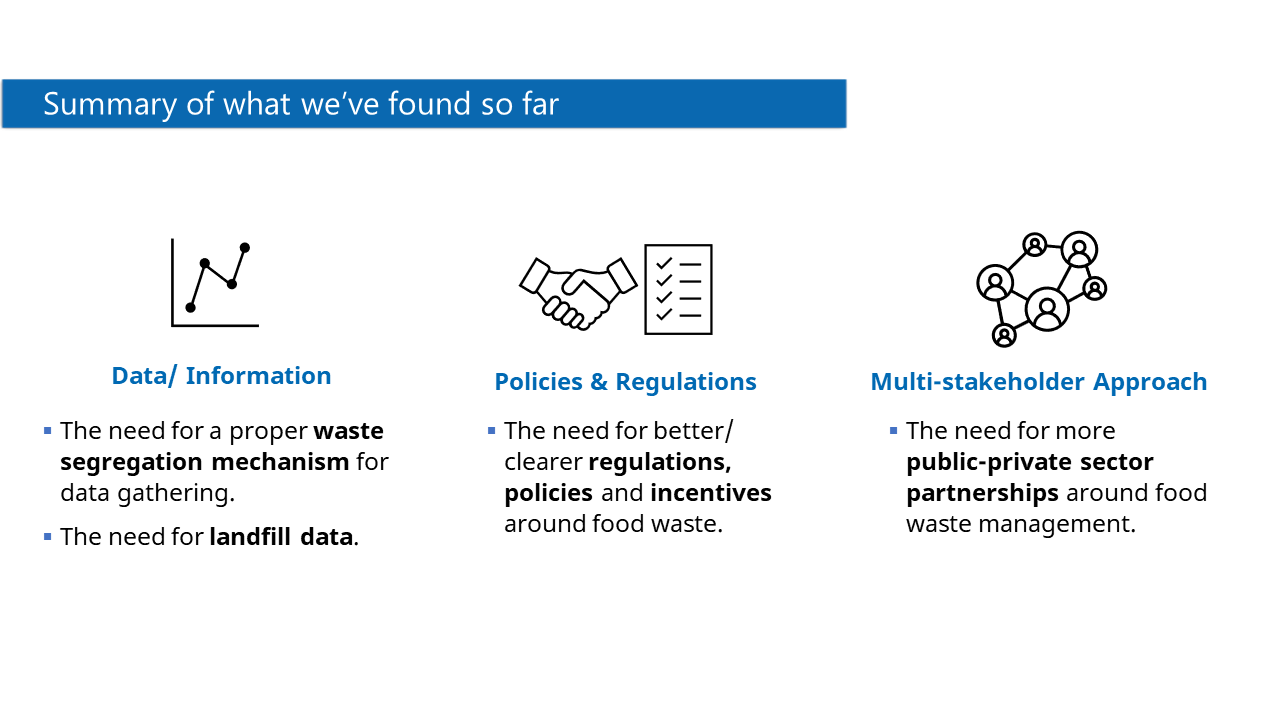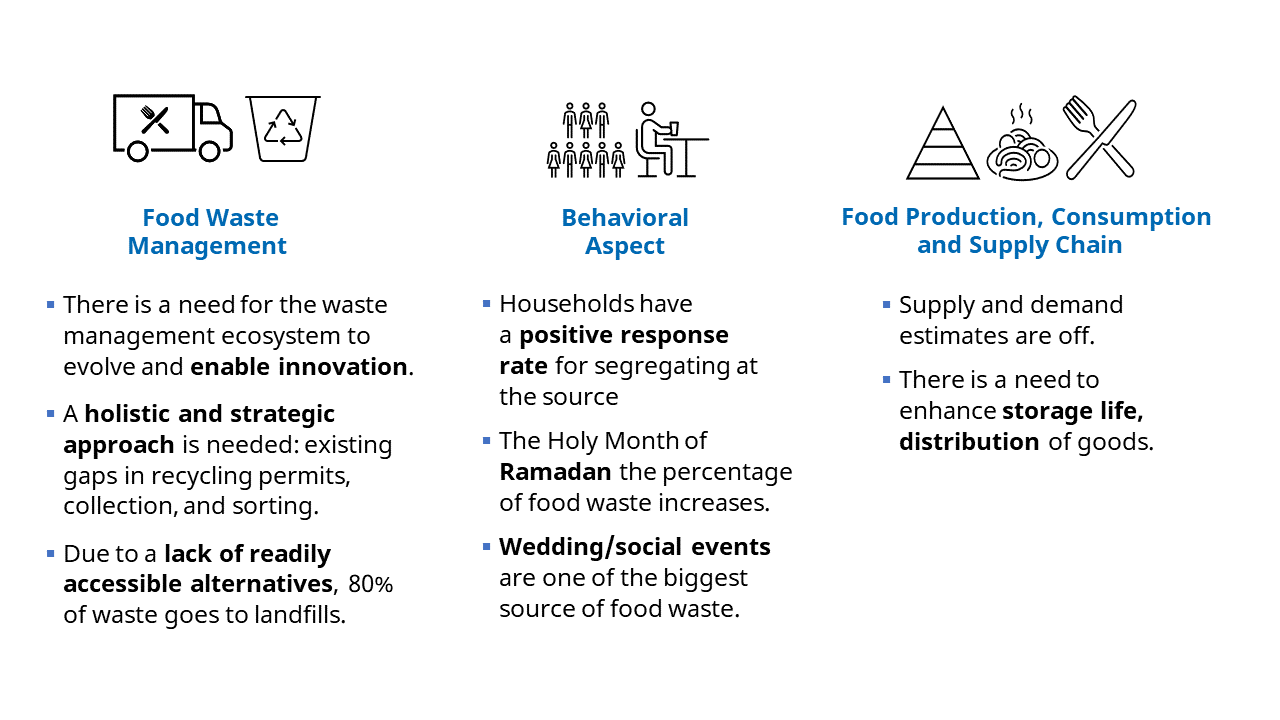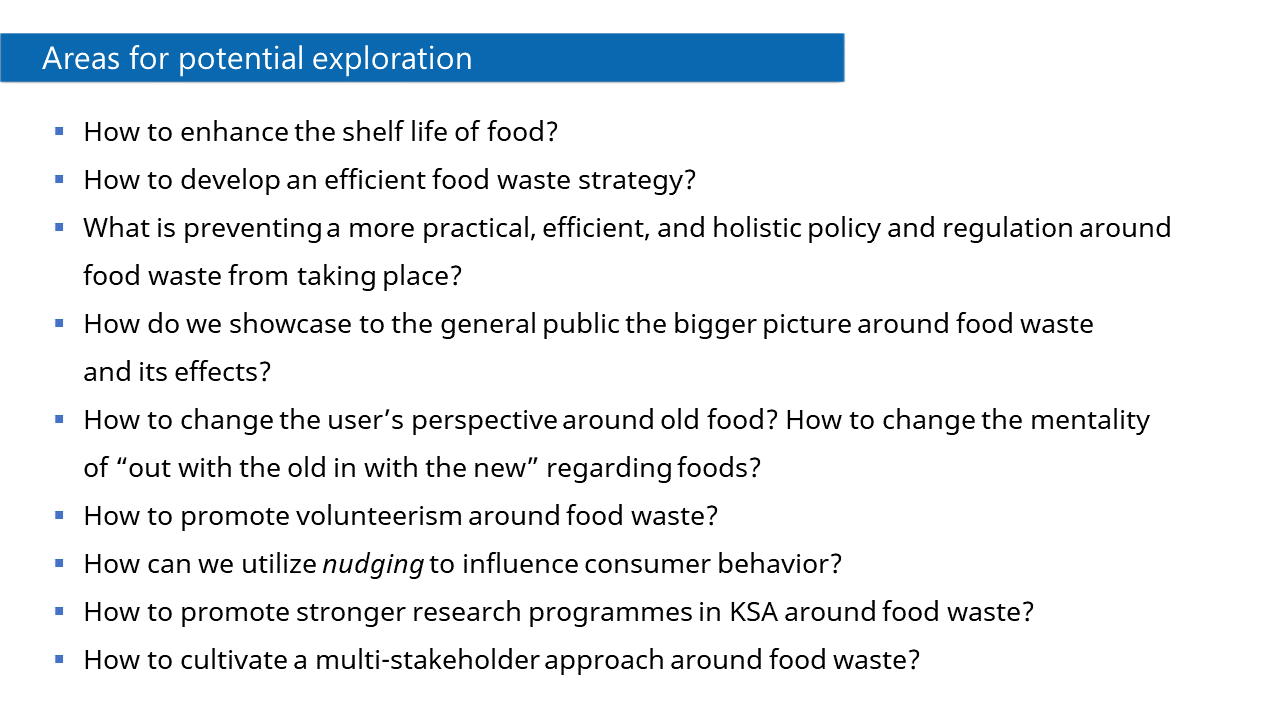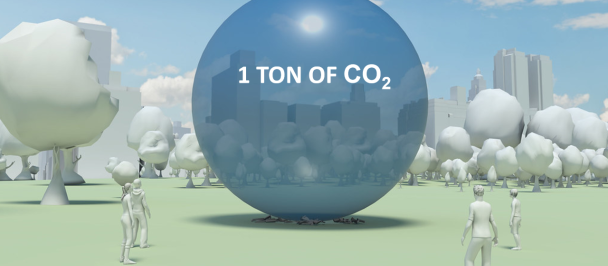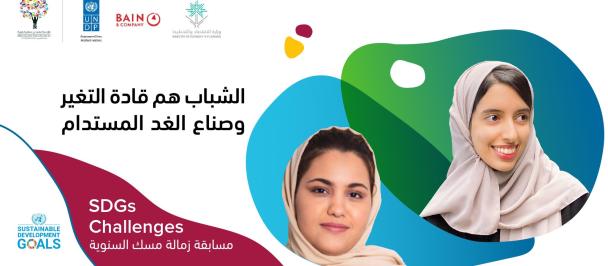Can you guess what has the highest percentage of waste in the Kingdom of Saudi Arabia? No, it is not plastic nor paper but food waste. Food waste forms up to 40-51 % of the waste in the Kingdom followed by paper, cardboard, plastics and others.
UNDP understands that tackling food waste in each country is unique as each case has its own characteristics.
(Read more about: How cities can fight food loss and waste and How do you light a light bulb with food waste?)
UNDP Accelerator Labs from all over the world are building on that understanding. For example, the Accelerator Lab in Syria started exploring a journey to move “From organic waste to food security: Building on nature-based frugal innovations”, Bosnia and Herzegovina initiated a food waste innovation challenge, and Ukraine supported a local solution that enhanced a botanical garden through coffee waste. In the Saudi Accelerator Lab, we are starting a journey to explore the complexity of food waste in the context of Saudi Arabia and understand its uniqueness, to join the effort in tackling food waste challenge locally with support from our global network.
The decision to choose this frontier challenge was also driven by the influence of the country office as they see the potential in this area with current and aspired partnerships.
According to the Food and Agriculture Organisation (FAO), “an estimated 1/3 of all food produced globally is lost or goes to waste”. Among the biggest food wasters in the world is in the GCC, where Saudi Arabia is one of the highest.
Accordingly, the Saudi Minister of Environment, Water and Agriculture, Abdulrahman AlFadley has called for joint efforts to end food waste. Approximately 33% of food is wasted in the Kingdom according to a study by the Saudi Grains Organization conducted in 2019.
In line with the Kingdom’s Vision 2030 and efforts to reduce food waste, the Saudi Arabia Accelerator Lab wanted to dive deeper into this phenomenon to better understand who are the players in this ecosystem and where are the areas that could be further explored to find innovative ways to tackle food waste.
As a way to move ahead, the Lab met with a number of stakeholders. This included: the private sector (large scale as well as a start-up), non-profit organizations, and academia. One of the stakeholders we met with stated:
“Moving from oil to non-oil: This field is a generating sector and has a lot of potential”.
From these meetings, we have gathered a range of insights that have been summarized below:
In conclusion, food waste is a huge challenge but if we think and work collectively, we will be able to find opportunities and innovative solutions that reduce waste, maximize use, and eliminate possible poor nutrition and hunger issues. This will require the collaboration of all actors in the system, as one stakeholder had put it:
“This is a complex problem and there is a need to sit together to find solutions both locally and in the Gulf region.”
You can find more details about how the Accelerator Lab is engaged in exploring food systems and waste here: https://acceleratorlabs.undp.org/content/acceleratorlabs/en/home/blogs/Food.html
We cannot be more excited to continue this journey as it is unfolding. We hope you will join us. Stay tuned for more blogs to come.

 Locations
Locations